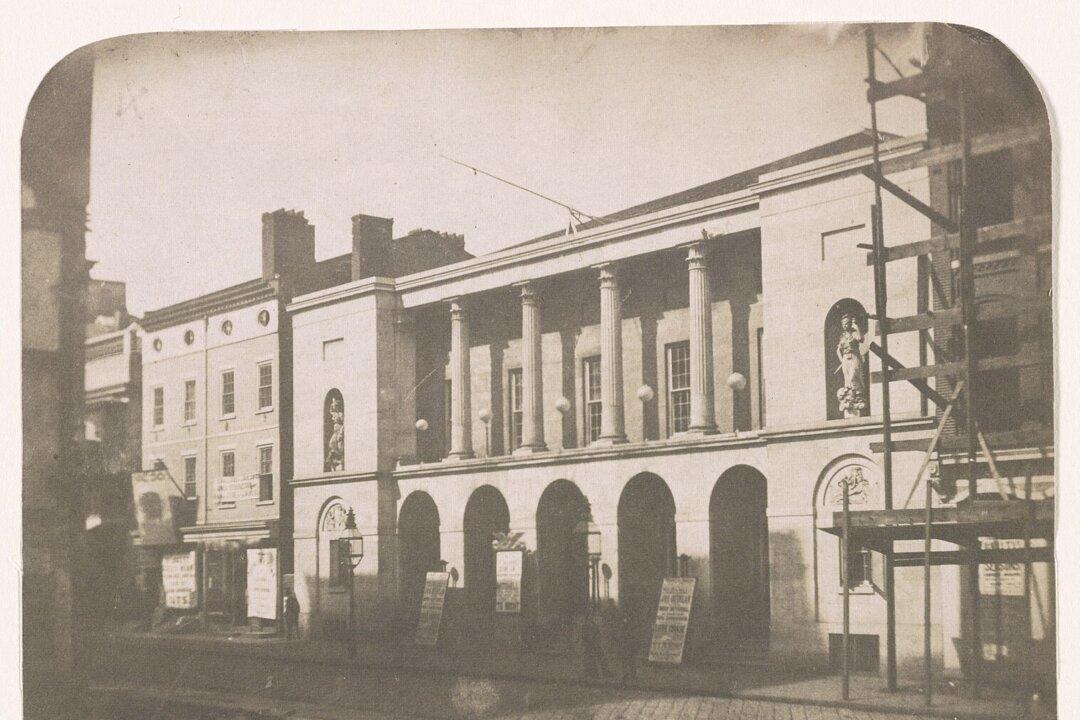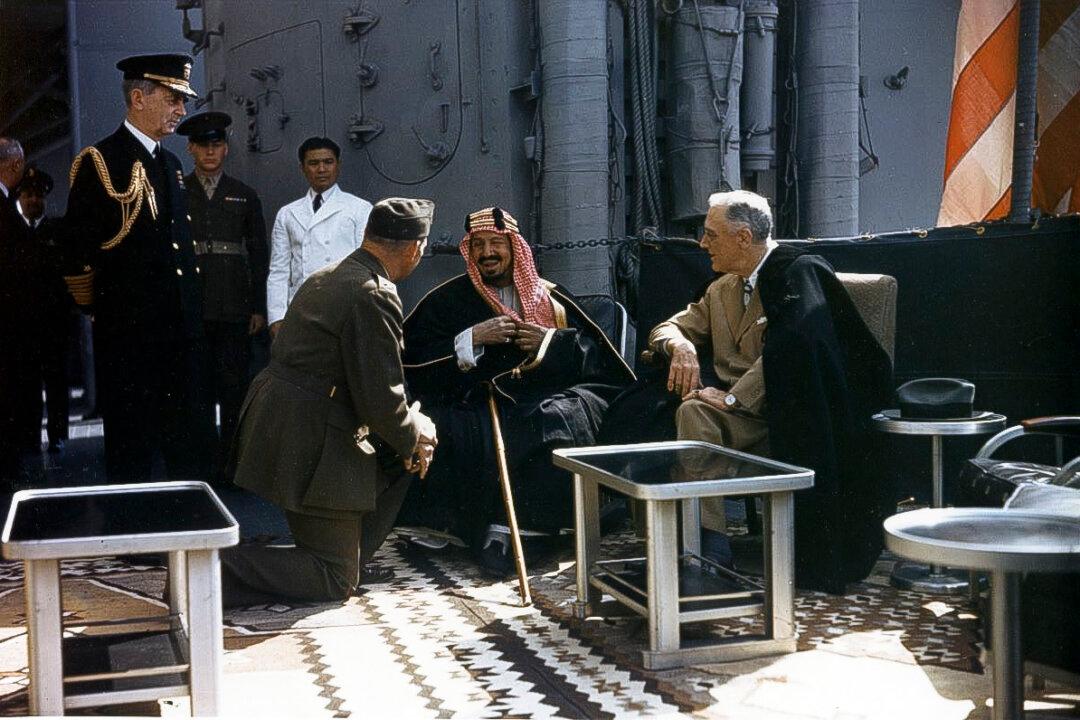William Henry Fry (circa 1814–1864) grew up in the wealthy home of the owner and publisher of Philadelphia’s “National Gazette.” He and his brothers received excellent educations and were introduced to the world of art early. Music proved to be Fry’s forte.
Fry learned the piano quickly, though he did so in a very nontraditional way. Instead of taking music lessons, he learned the piano while eavesdropping on his older brother’s lessons. His parents were enthusiastic about their prodigy and placed him under the tutelage of some of the city’s best teachers, including Leopold Meignen, who had graduated from the Paris Conservatory and also served as a conductor in Napoleon Bonaparte’s army.






